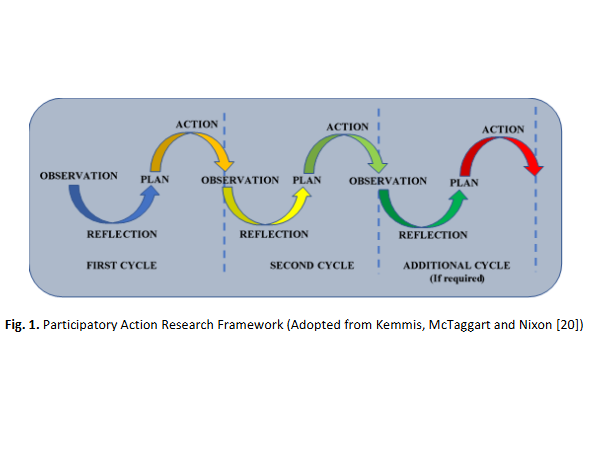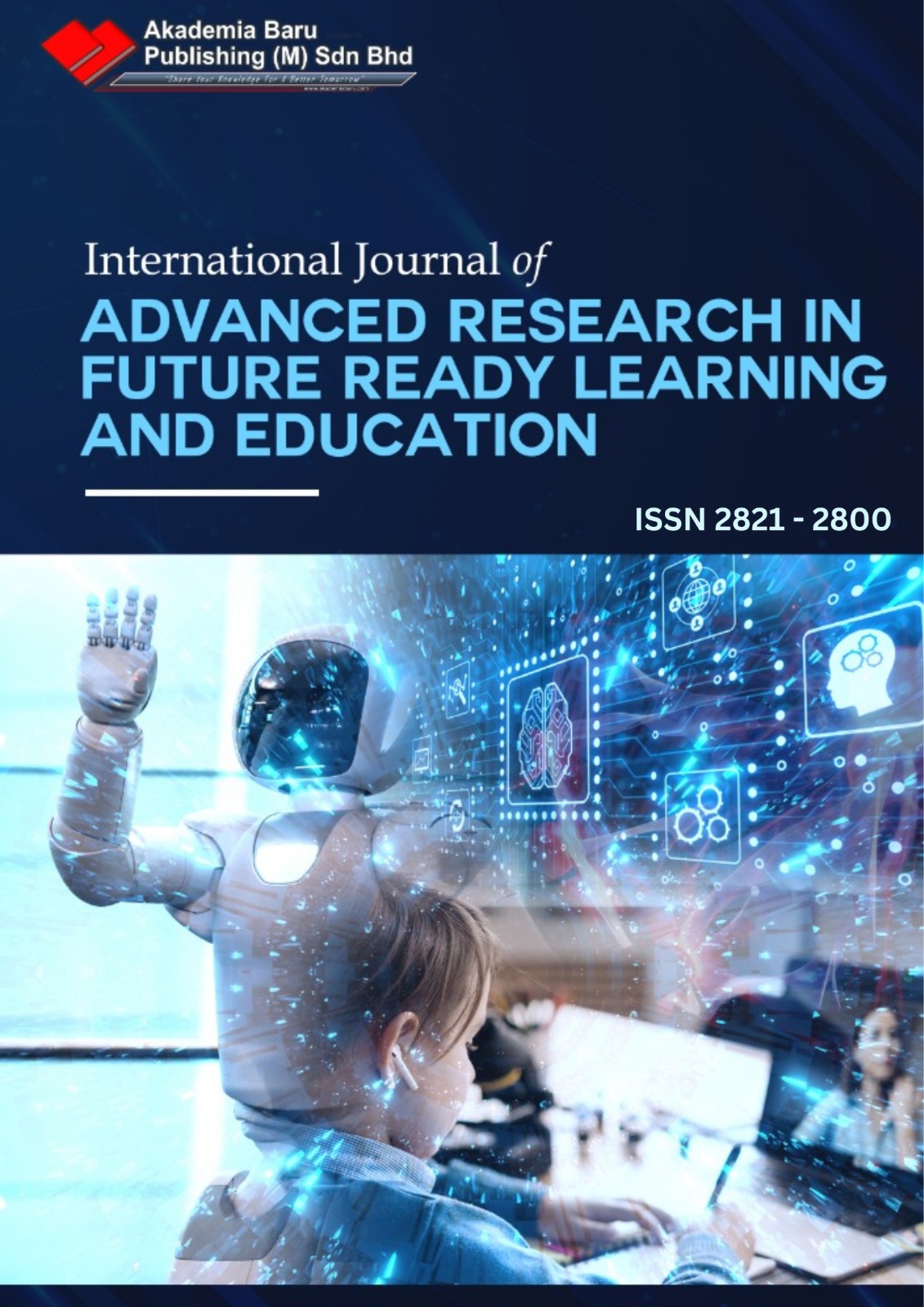Improving Malay Traditional Joget Dance Technique Through Vygotsky Framework Among Female Secondary School Dancers in Ampang, Selangor: The Participatory Action Research
DOI:
https://doi.org/10.37934/frle.30.1.112Keywords:
Vygotsky, dancing, reflection, participatory action research, left-right coordinationAbstract
Over the years, we have been teaching and learning performing arts that significantly support human development, especially among young school learners. According to studies, performing arts, particularly dance, have assisted young learners in developing a sense of awareness - physically, emotionally, spiritually, and intellectually. Hence, establishing a cultural club in Malaysian schools is pertinent to unearthing young learners' potential. However, we discovered that our young learners have significant issues related to their left and right coordination, which is the foundation of physical activities, especially dancing. To address this issue, we tailored our teaching strategies to conditional behavior learning. Our study aims to help these learners improve their joget dancing technique. To collect and reflect meaningful data, we have recruited 15 participants among our school pupils. They are all girls aged between 13 and 17 years old. We spent almost two months making sense of all relevant information and data for this research via observation, reflection, planning, and action. Our reflection indicates that most young learners experience left-right coordination problems and cannot perform the instruction accordingly. Hence, the intervention has helped them improve their technique. Using both the Vygotsky and Learning Progression frameworks to teach dance has had a significant impact on students' performances and could be applied to other subjects and platforms.














